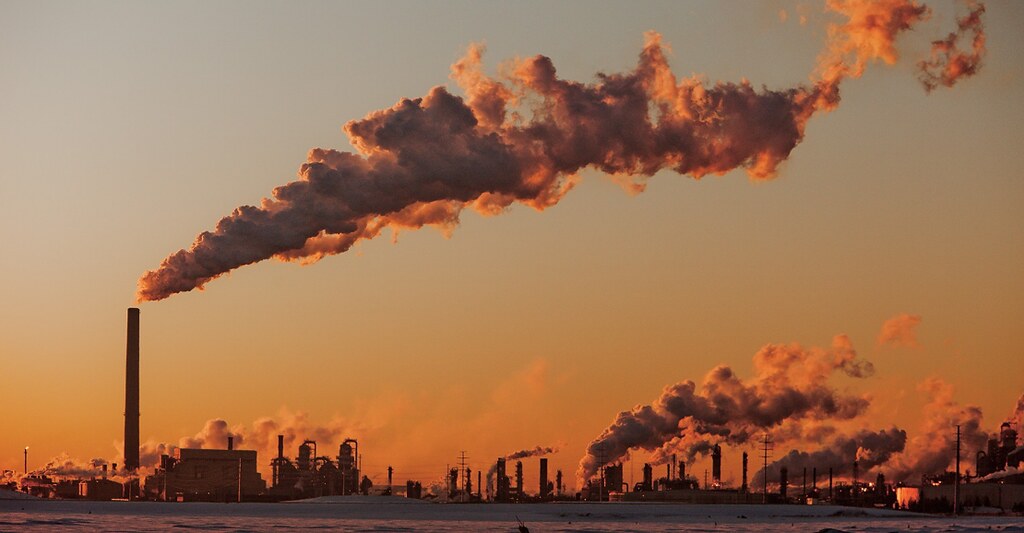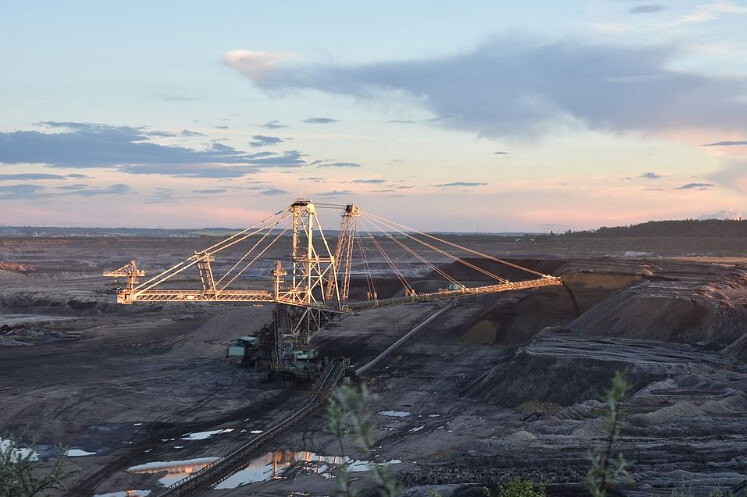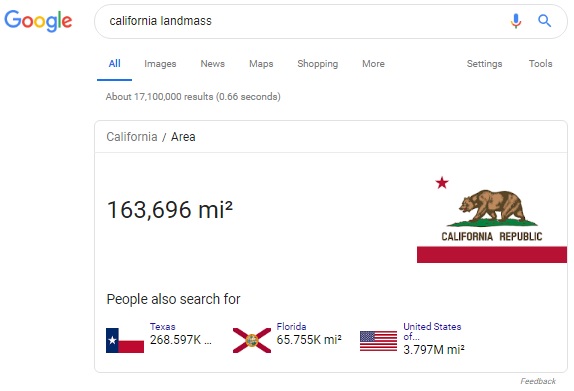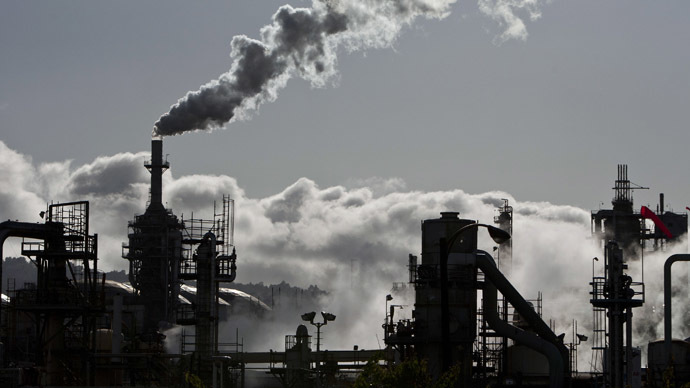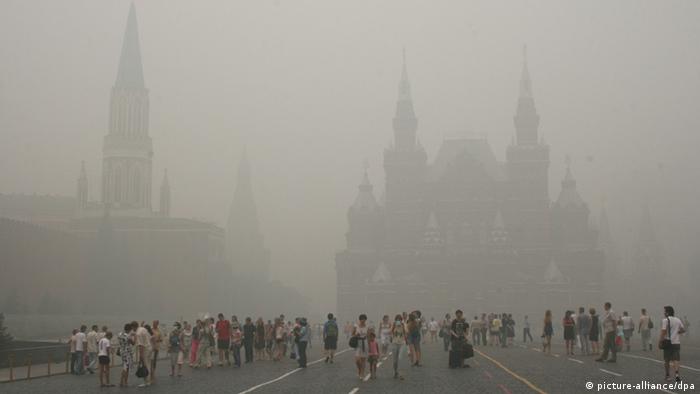Source: Carbon Brief
Last October, Governor Jerry Brown signed into law the realization that by 2045 California will be a net zero (carbon neutral) economy/state. That rocked the news for a while, and news circulated about the transition. Speculation as to whether that transition was even possible came from the conservative side of the state, whereas the more liberal side of the state claimed that the law was not enough to make the Paris Agreement targets.
Further criticism circulated in the news regarding Governor Brown's treatment of the fossil fuel industry. Critics charged that he was not being tough enough on them. These critics included those in favor of shutting down Aliso Canyon Gas Storage Facility located in Porter Ranch, California (the Valley). The following news from Mayor Garcetti last week in an article from the 'Los Angeles Times' titled "Los Angeles ditches plan to invest billions in fossil fuels, Mayor Eric Garcetti says" outlined the plan to achieve transition away from fossil fuels:
Los Angeles has steadily moved away from coal for electricity, divesting from the Navajo plant in Arizona three years ago and announcing plans to stop buying power from Utah’s Intermountain plant by 2025. But with coal, the most polluting fossil fuel, now nearly removed from the city’s energy mix, it’s time to start planning for a future with zero planet-warming energy sources, Garcetti said Monday — and that means no natural gas.“It’s the right thing to do for our health. It’s the right thing to do for our Earth. It’s the right thing to do for our economy,” Garcetti said. “And now is the time to start the beginning of the end of natural gas.”“This is the Green New Deal,” he added, referring to the sweeping climate change policies championed by Rep. Alexandria Ocasio-Cortez (D-N.Y) and endorsed by several contenders for the Democratic presidential nomination. “Not in concept, not in the future, but now.”The mayor’s decision comes several months after state lawmakers passed a bill requiring California to get 100% of its electricity from climate-friendly sources by 2045, up from a previous target of 50% renewable by 2030.
This comes at the news from Los Angeles Department of Water and Power to the Mayor's office regarding the cost associated with repairing (rebuilding) the seven water cooled (ocean cooled) natural gas power plants along with three other plants at a cost of $3.8 billion. Whereas the cost to rebuilding the three other plants with solar and energy efficiency would be $2.2 billion. The time has come to transition toward total (carbon neutral) clean energy.
The Mayor has challenged LA DWP with the task and he is right to do so. Not just to make incremental adjustments. A new leader should be bold and insist on LA DWP moving at another speed, preferably WARP speed compared to their normal GOVERNMENT speed -- which is filled with obstacles and potential funding limitations. I commend Mayor Garcetti for taking a bold action step which is in line with Germany and other nations around the world. I have written on the obvious fact that the transition toward renewable clean energy is inevitable. Plus, the capital available for investment was small a few years ago, but has been growing over time.
European nations are taking bold steps to change their dependence on dirty energy. China has liberated us with the ever dropping price of solar. Solar is dropping in price as we speak. In a few years, photovoltaics will be a dominant source of energy generation. Clean solar photovoltaic energy is on its way. Current limitations in the renewable energy sector which are screamed by the opposition are 'STORAGE'. How are we (as a nation) going to efficiently store the clean renewable energy to meet off hours demand? Batteries? More research needs to be done, but is not far off.
Both the government and the private sector are racing to meet the demands of the future transition toward renewable energy. A sustainable environment is what is being asked of our nation's residents. Now, both the private sector along with the government need to make this happen. Typically, throughout history, when the pressure is applied to an industry, change happens. In this case, a range of industries are responding to a global pressure and similar to the improvements which are made during war time, the current global investment is exciting and should yield some amazing results.
The future is exciting.
Related Blog Posts:
Parameters: Germany Plans To Cut Coal Dependence By 2038
Over 600 Environmental Groups write letter to Congress to phase out fossil fuels
Governor Jerry Brown Leads The U.S. With Ambitious Calls For 100% Renewable By 2045 -- Wow!!!
Update: Congress asks Federal Agencies about Dangerous Chemicals -- PFOA and PFOS
Parameters: GM Lays Off Thousands Of Workers -- Why? People Are Not Buying Cars?
EPA Estimates Of Methane - GHG - are off by 60%
135 Climate Scientists Urge Prime Minister Theresa May to Challenge President Trump on his Climate Stance during visit to the UK
Parameters: Oil vs. Corn based Ethanol - A Tug-Of-War between Trump Administration and Congressional Leaders
French President Macron Calls On U.S. Congress To Save The Planet
Parameters: Shells Oil Corporation Invests In Renewable Energy Infrastructure
Parameters: South Korea Uses Renewable Energy For Olympic Games
French President Macron Organizes Climate Conference With Pledges Of Trillions Of Dollars For Climate Risk Management From World Organizations
Do You Need Clean Air To Breathe? An Introduction To Environmental Justice
Environmental Entrepreneurs Weigh In On Repealing The Clean Power Plan
EPA Blatantly Suppresses Scientific Results Regarding Climate Change?
EPA Director Finally Realizes Reality Of Trying To Roll-Back Obama Era Clean Air Act Regulation
